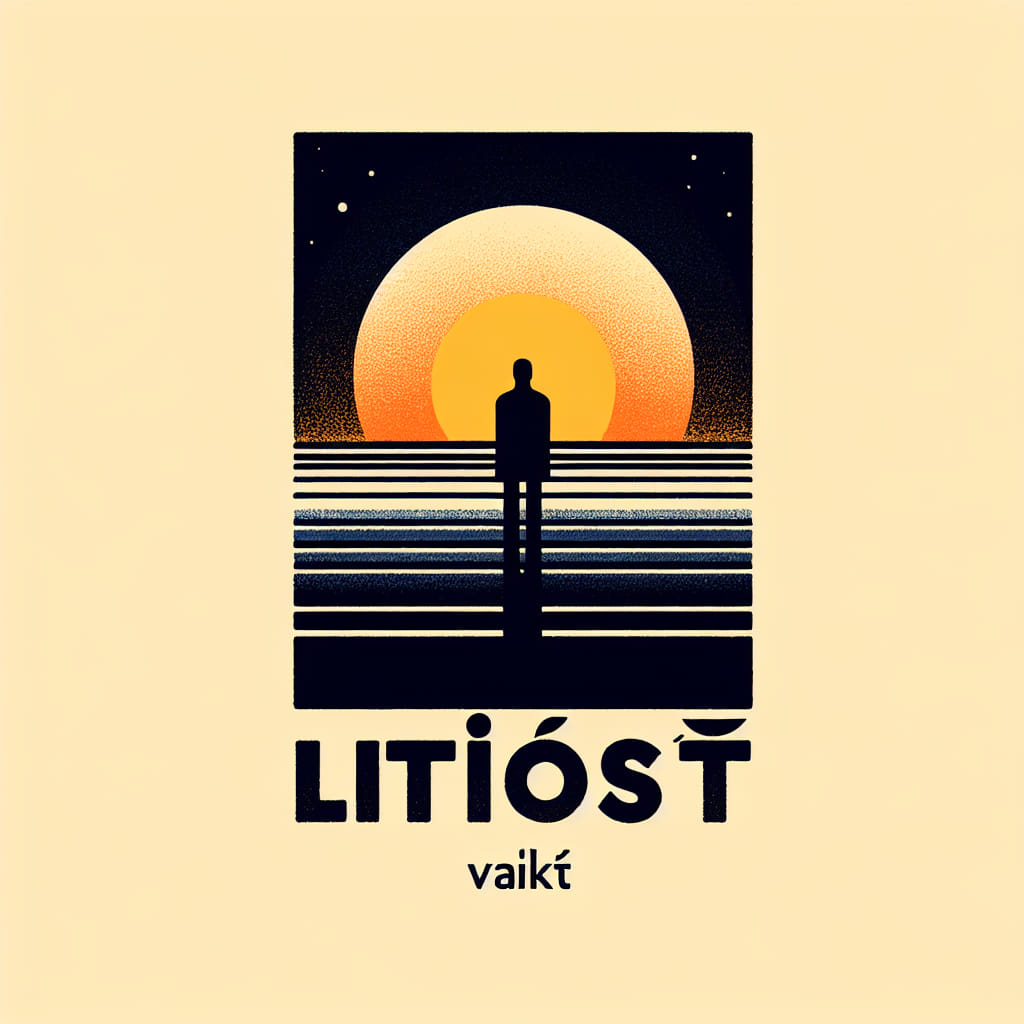· word of the day · 4 min read
Unlocking Litost: Explore the Untranslatable Czech Word
Discover the Czech word litost and its deep emotional and historical significance. Uncover its untranslatable nuances to enhance your cultural understanding.

Discovering the Charm of Obscure Words: A Deep Dive into “Litost”
When learning a new language, diving into its unusual words can be like uncovering hidden treasures. These words often carry unique cultural nuances and historical significance that standard vocabulary lists might overlook. For language learners, especially those studying Czech, exploring such terms not only enhances vocabulary but also deepens understanding of the culture and psyche of its people. Today, let’s explore an intriguing Czech word that is famously untranslatable and packed with emotional depth: “litost.”
What is “Litost”?
Pronunciation: [lee-tost]
“Litost” is a Czech word that expresses a sentiment more complex than sadness or regret. It is a state of torment created by the sudden sight of one’s own misery. The famous Czech writer Milan Kundera, who introduced the term to a broader international audience through his work, describes it in his book “The Book of Laughter and Forgetting” as a state that “is impossible to translate into any other language.”
The Cultural Significance of “Litost”
Understanding “litost” offers profound insights into the Czech soul. The word itself encapsulates a specific kind of self-pity mixed with a desire for revenge. When someone feels “litost,” they are experiencing a deep-seated emotional response to a realization of their own plight, often accompanied by an envy of those who do not suffer in the same way.
This concept is not just a word but a reflection of the Czech Republic’s turbulent history, marked by foreign rule, invasions, and revolutions. “Litost” can be seen as a collective cultural response to these historical hardships, embodying the complex interplay of pain, resilience, and the longing for redemption.
”Litost” in Use: Examples and Idiomatic Expressions
In everyday Czech language, “litost” can be used in various contexts, ranging from the personal to the collective. Here are a few examples of how it might appear in conversation:
- Personal Sorrow: “Cítím litost, když vidím, jak se mé sny rozpadají.” (I feel litost when I see my dreams falling apart.)
- Empathy: “Mám litost nad jeho situací.” (I feel pity for his situation.)
- Reflective Regret: “Litost mi nedá spát.” (Litost won’t let me sleep.)
While “litost” itself is a noun, its usage often permeates through Czech literature and folk sayings, reflecting the emotional and philosophical depth of the word. It’s not commonly found in cheerful or light-hearted contexts but rather in those that are introspective and profound.
”Litost” in Literature and Folklore
Milan Kundera is perhaps the most notable proponent of “litost.” He often used this concept to delve into the human condition, exploring how this feeling influences relationships, self-identity, and existential despair. In his interpretation, “litost” connects closely with the themes of memory, history, and the irreversibility of past actions, which are recurrent motifs in Czech literature.
Beyond Kundera, “litost” appears subtly in many works of Czech literature and folklore, often tied to stories of loss, redemption, and fate. It resonates with the melancholic tone frequently found in Czech stories, where characters face the trials of fate with a poignant resignation mixed with a fierce inner resistance.
The Value of Learning Words Like “Litost”
For language learners, engaging with words like “litost” can be incredibly rewarding. These words require learners to engage with the language on a deeper level, prompting them to explore not just the meanings of words but also their emotional and cultural connotations. Learning about “litost” isn’t just about adding a new word to your vocabulary; it’s about understanding a mindset and an emotional landscape that can profoundly influence your perception of Czech culture.
Moreover, words like “litost” enrich conversations and literary appreciation, allowing learners to express complex ideas and emotions more profoundly. They serve as keys to unlocking the character and ethos of a nation, providing deeper insights into how history, culture, and language intertwine.
Conclusion
Exploring obscure words such as “litost” offers more than just linguistic knowledge—it opens up pathways to cultural empathy and understanding. For those learning Czech, embracing these unique terms can transform a routine language study into a fascinating journey into the heart and soul of the Czech people. So, next time you stumble upon a word that seems dense with untranslatable meaning, take a moment to delve deeper. You might just uncover a new layer of cultural insight that textbooks alone could never convey.




